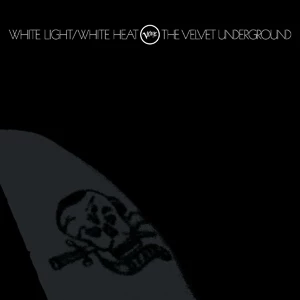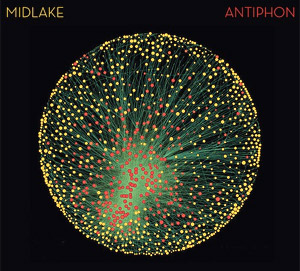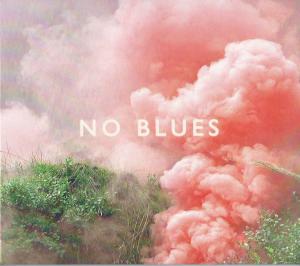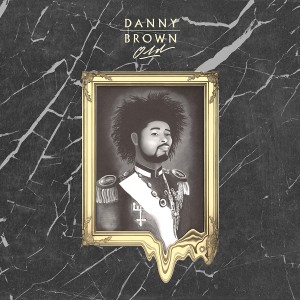(All
Saints Records)
All Saints records
have made themselves the home for some of the most compelling ambient
music from the last two decades, releasing well regarded albums like
Biosphere's chilly classic Substrata and attracting a plethora
of established musicians. Artists synonymous with the genre, like
Brian Eno, John Cale and Harold Budd, whose music has now been
collected as part of a series of reissues in a retrospective of sorts
titled Wind In The Lonely Fences 1970-2011.
Budd grew up in
America's Mojave Desert, you can see a loneliness in his music,
though not always sadness, like staring out over an endless landscape
in the quiet of the late night. Through this retrospective of Budd's
career it becomes clear that one of his main strengths resides in the
way that his music utilises empty space in the way that much of the
best ambient music does. Budd, like Eno, has spent much of his career
working with others, and the two have worked with each other on a
number of occasions. It has allowed him to take many different
approaches on a style wrought with new-age cliché and make it
unique.
His earliest piece in
the collection comes from the start of the seventies. The Oak of The
Golden Dreams – and the obscure song titles might be Budd's biggest
weakness – exploring drawn-out synthesizer drones, like a more
meditative version of Terry Riley's electronic experiments like A
Rainbow In Curved Air. Some
of his best known work arisen from collaborations with Brain Eno
including the lush slide guitar of The Pearl from the album of the
same name and the track which this retrospective has taken it's
title. Both of which are some of Budd simplest and starkly beautiful
pieces.
Ooze Out and Away,
Onehow, a collaboration with The Cocteau Twins, allows Budd to bring
his atmosphere's to the shimmering guitars and Liz Fraser's distinct
vocals. The song sounds more like a Cocteau Twins track and makes a
nice change with its reverb washed drums and Budd's tactfully placed
washed of sound fill the edges of the mix. Cocteau Twins guitarist
Robin Guthrie performs on How Distant Your Heart, a more recent
collaboration from 2007, where he mixes his chorus laden guitar sound
with Budd's gentle piano.
Sounds become more
tangible on the contemplative, slow burning She's By The Window,
where a string and woodwind section bring a full, classical sound,
without electronics or echo, but still an evocative and emotional
core remains. Other forays into contemporary classical sound with the
percussive Hand 20, featuring XTC's Andy Partridge. Elsewhere Budd
explores the spectral jazziness on Bismillahi 'Rrahman 'Rrahim and or
the dystopian dreamscapes on Dark Star, a track that could have sound
tracked a forgotten John Carpenter film (and shares it's title with
the director's first film).
Whilst much of his
music focuses on the sounds of echoing piano keys a surprising range
of styles and approaches are shown over these 18 tracks. The music on
this collection covers a large amount of sonic ground and at its
worst, die to it's non-intrusive nature, it can sometime fade away
from you into the background like a forgotten dream. Ambient music
works best as long form pieces or on an album where it can be
digested whole but Wind In The Lonely Fences makes
for a perfect starting point for those who want to dig deeper
into the composer's impressively varied back catalogue.
Origininally posted on figure8magazine.co.uk



















